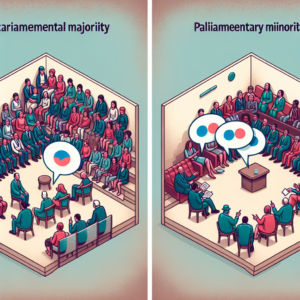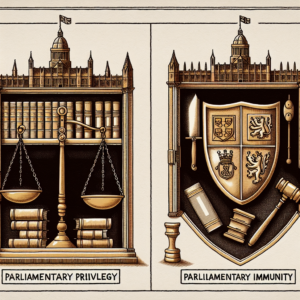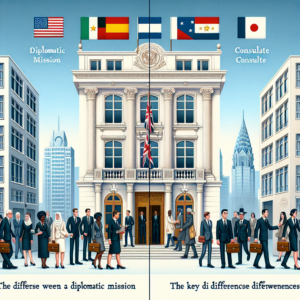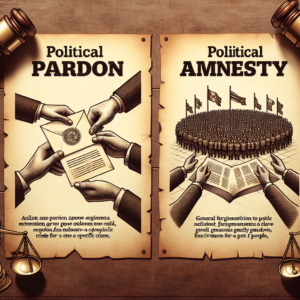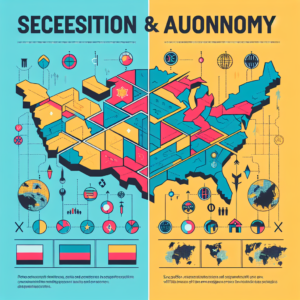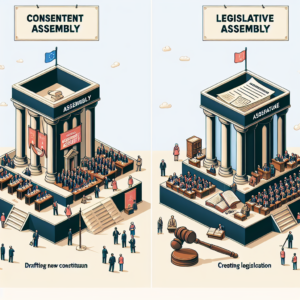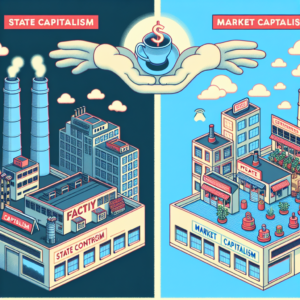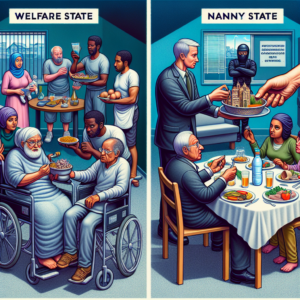As we inch closer to the summer months, many people are planning their holidays. It often comes down to the classic debate between camping and staying in hotels. What is the difference? While both methods have their own distinctive charm and advantages, they cater to different types of travelers. In this article, we will thoroughly dissect the fundamental differences between camping and staying in hotels, and the unique experiences each one offers.
Understanding the Fundamentals: Camping vs Hotel Stays
Camping, typically, is a pursuit of those who are looking for an authentic and immersive exploration of the great outdoors. It involves setting up a tent or a camper in an open space, usually in a designated campsite in a natural setting. It is a chance to disconnect from the digital world, get closer to nature, and enjoy a simpler, serene lifestyle, albeit temporarily. Camping offers opportunities for activities such as hiking, fishing, and campfire cooking, among other outdoor pursuits.
Hotel stays, on the other hand, fall on the opposite end of the spectrum. They represent comfort, convenience, and the luxuries of modern living. A hotel stay means a comfortable bed, en suite facilities, room service, and usually access to amenities such as a gym, a pool, a restaurant, and in some cases, a spa. Staying in a hotel also means you’re usually in or near a city or town, providing easy access to local attractions, shopping, dining, and other forms of entertainment.
Key Differences Between Camping and Staying in Hotels
The primary difference between camping and staying in a hotel lies in the level of comfort and convenience each offers. When camping, you must be prepared to be self-sufficient. You will likely have to set up your own tent, cook your own meals, and maybe even go without electricity. You are exposed to the elements, which can mean dealing with rain, heat, cold, bugs, and wildlife.
Conversely, a hotel stay promises comfort and convenience. There is no need to cook your own meals or set up a tent. You have immediate access to a comfortable bed, plumbing, electricity, and climate control. The level of service and amenities provided can vary depending on the hotel, but regardless, a significant degree of comfort is guaranteed.
Another key difference lies in the environment and the experiences each option offers. Camping allows for a close, intimate interaction with nature, while hotel stays often provide a more urban, cultural experience. While camping offers solitude and tranquility, hotels provide social opportunities and a bustling city experience.
In conclusion, the decision between camping and staying in a hotel ultimately comes down to personal preferences and what kind of holiday experience one is seeking. For those who relish the opportunity to disconnect, enjoy the great outdoors, and don’t mind a bit of roughing it, camping can be an enriching experience. However, for those who value comfort, convenience, and an urban setting, a hotel stay might be the better option. Understanding the key differences between the two will help you make an informed decision and ensure you have the holiday experience you desire.
Click here if you want to discover What is the difference? Winter Vacations vs Summer Vacations


